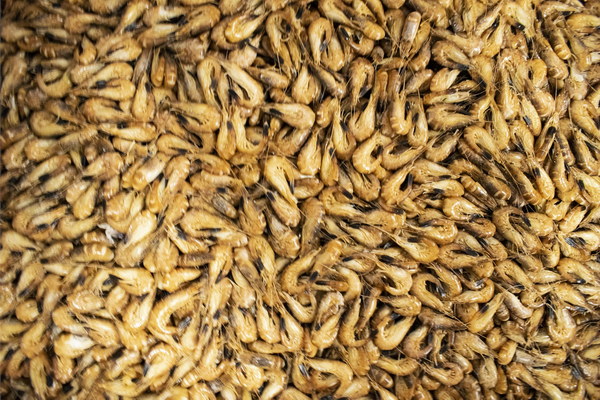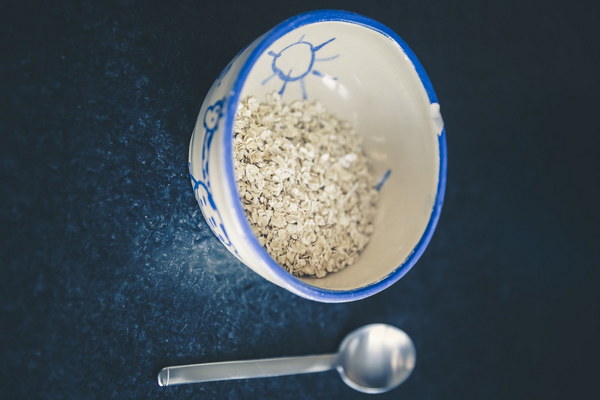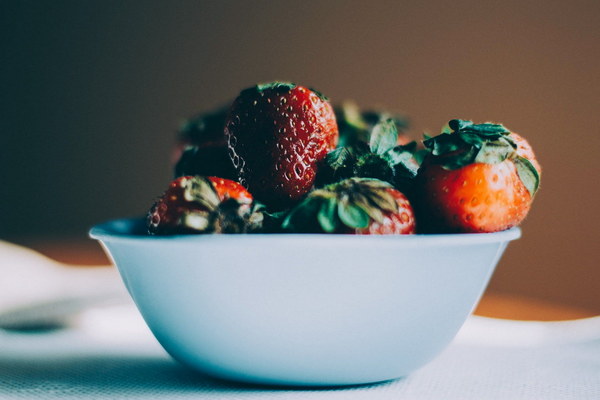The Ultimate Guide to Brewing Chrysanthemum Tea for Maximum Health Benefits
Chrysanthemum tea, a popular herbal beverage in traditional Chinese medicine, has been cherished for its numerous health benefits. Known for its delicate flavor and vibrant yellow hue, brewing chrysanthemum tea correctly is essential to maximize its healing properties. In this ultimate guide, we will explore the best methods to prepare chrysanthemum tea for optimal health benefits.
1. Choosing the Right Chrysanthemum Tea
To begin, select high-quality chrysanthemum tea. There are two main types of chrysanthemum tea: white chrysanthemum and yellow chrysanthemum. White chrysanthemum tea is less processed and has a milder flavor, while yellow chrysanthemum tea is more processed and has a stronger taste. Both types offer health benefits, so choose based on your personal preference.
2. Preparing the Chrysanthemum Tea
a. Boil Water: Start by boiling fresh, filtered water. The ideal water temperature for brewing chrysanthemum tea is between 160°F and 180°F (70°C to 82°C).
b. Rinse the Chrysanthemums: Before brewing, rinse the chrysanthemum flowers gently under cool running water to remove any impurities.
c. Use the Right Amount: Depending on the type of chrysanthemum tea and your taste preferences, use approximately one tablespoon of dried chrysanthemum flowers per cup of water.
3. Brewing Chrysanthemum Tea
a. Steep Time: Place the rinsed chrysanthemum flowers in a teapot or cup. Pour the hot water over the flowers and let them steep for 3-5 minutes. Steeping for a shorter time will result in a milder flavor, while a longer steep will yield a stronger taste.
b. Strain the Tea: Once the desired steep time has passed, strain the chrysanthemum tea into a cup. Use a fine mesh strainer to remove the flowers, leaving only the flavorful liquid.
4. Enhancing the Health Benefits
a. Honey or Lemon: To enhance the flavor and health benefits of chrysanthemum tea, add a teaspoon of honey or a slice of lemon. These ingredients can help soothe a sore throat and add a touch of sweetness or tanginess to the tea.
b. Complementary Herbs: Combine chrysanthemum tea with other herbs to create a synergistic blend. For example, adding a few slices of ginger can help boost the immune system and improve digestion.
5. Benefits of Chrysanthemum Tea
Chrysanthemum tea is renowned for its numerous health benefits, including:
a. Antioxidant Properties: Chrysanthemum flowers are rich in antioxidants, which can help combat free radicals and reduce the risk of chronic diseases.

b. Detoxification: Chrysanthemum tea has diuretic properties, which can help flush out toxins from the body and support kidney health.
c. Stress Relief: The gentle, calming nature of chrysanthemum tea can help reduce stress and promote relaxation.
d. Eye Health: Regular consumption of chrysanthemum tea may improve vision and prevent eye fatigue.
e. Digestive Health: Chrysanthemum tea can aid digestion and alleviate symptoms of indigestion.
In conclusion, brewing chrysanthemum tea for maximum health benefits involves selecting high-quality chrysanthemum flowers, using the right amount of water and steeping time, and enjoying the tea with optional enhancements. Embrace the tradition of chrysanthemum tea and experience its numerous health benefits in your daily routine.









